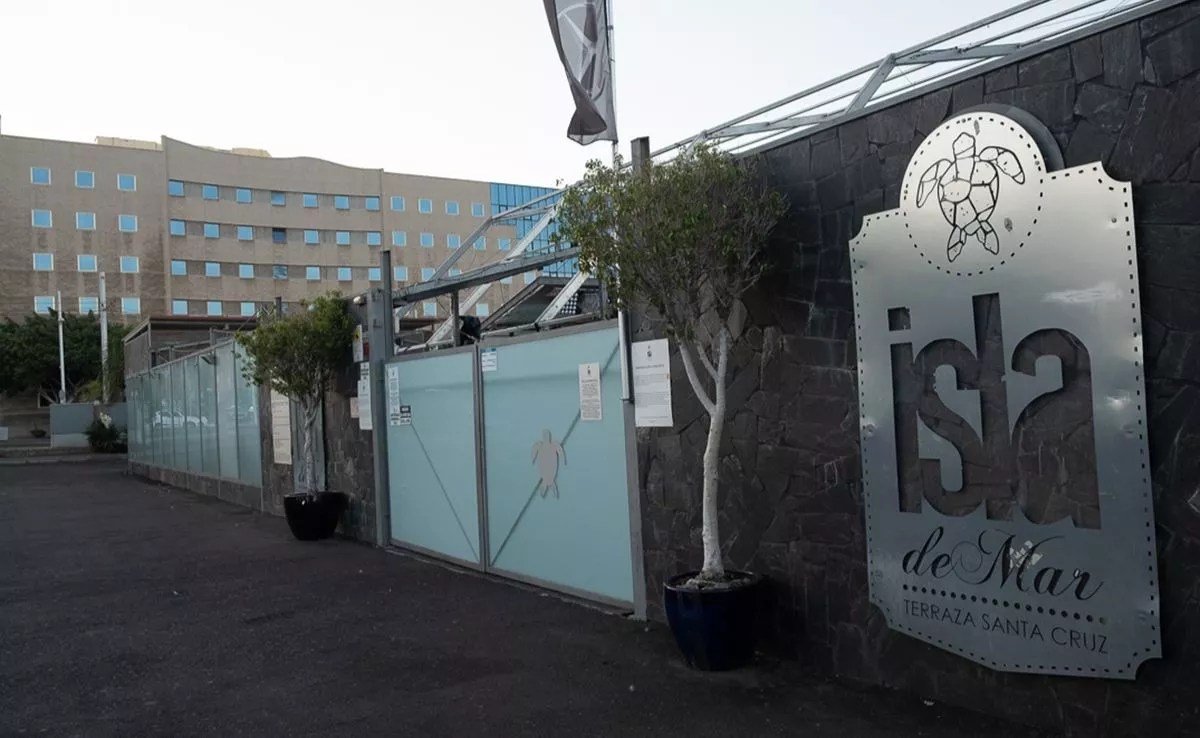
SANTA CRUZ DE TENERIFE, Oct. 14 (EUROPA PRESS) –
Starting next week, the Cabildo of La Gomera will activate the collection campaign for the Cory’s shearwater, which will last until the end of November, coinciding with the completion of the breeding stage and the release of the hatched specimens.
Among the measures proposed, the island Institution, through the Environment Area, urges the island’s municipalities to reduce light pollution in coastal areas and, especially, in high-risk areas such as soccer fields.
The impact of shearwaters occurs with halogen spotlights, globe-type luminaires or white lights, and in the areas with the highest concentration of light in the municipalities of San Sebastián de La Gomera, Alajeró and Valle Gran Rey, as explained by the island president , Casimiro Curbelo.
“The planned and preventive measures that have been carried out in previous years have obtained very good results, with the collaboration of citizens and administrations being a fundamental factor when rescuing these specimens to return them to their natural habitat with full guarantees,” he added. .
For his part, the insular Minister of the Environment, Héctor Cabrera, explained that the insular Institution disseminates on social networks an explanatory video on how to act in case of finding a disoriented bird, such as the Cory’s shearwater, the storm-petrel. Madeira, back-breasted storm-petrel, European storm-petrel, lesser shearwater, Bulwer’s petrel and pigeon-toed shearwater.
Likewise, he announced that boxes have been distributed among hotels, apartments, Civil Guard offices, local councils and ports, to be placed while awaiting collection by qualified personnel.
HOW TO ACT WHEN THE FINDING OF A CROP
If a baby is found, certain guidelines must be followed, the first being to cover it with a towel or piece of cloth to prevent it from being scared. Next, it is advisable to place it in a cardboard box with holes, leaving it in a quiet, dry and cool space until the arrival of the troops. However, pinning the wings or providing food should be avoided.
A telephone incident service has been available to notify the discovery of a shearwater specimen or other bird affected by glare, at the Cecopin telephone numbers -922 14 15 01- and the Emergency and Security Coordination Center 1-1 -2 from the Canary Islands.
















